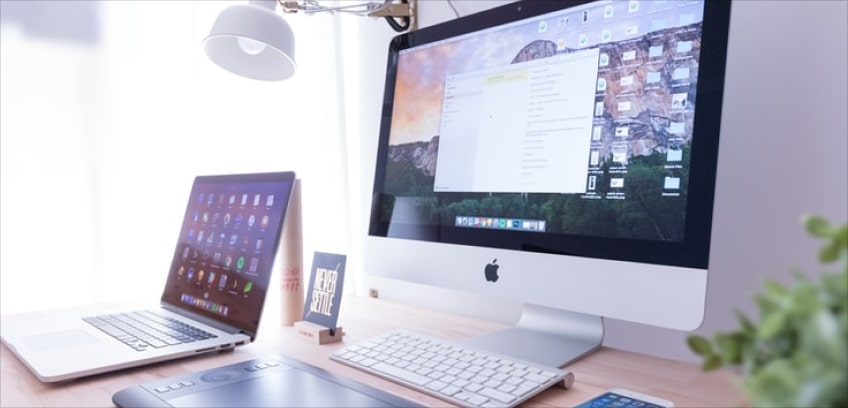Mobile Security Hygiene Facts Everyone Should Know

The new trend of home offices and remote working gained a lot of traction over the last year due to the COVID-19 pandemic, which definitely accelerated the path at which companies enabled their employees to work at home.
As new solutions open doors to different challenges, this situation is alike. As employees and business owners, we are forced to rely more and more on digital communication channels to conduct our work, and, per consequent, malevolent actors see the potential to abuse us for their own benefit.
This situation leads us to the need to reflect on the most important cybersecurity issues that arise from this fast-moving environment.
Secure your communications to protect your business and the data of your clients.
We have a constant need to communicate, being with our peers, to exchange our thoughts after a decision or to inform our manager on project status. Unconsciously or not, we share more and more information and are naturally attracted by convenient solutions. Nevertheless, it should be taken into consideration that the communication channels are not equally secure.
In fact, SMS are transmitted over standard telecommunication protocols, which makes them easily accessible to privacy intruders, so choosing a better solution for communication and data exchange is vital.
If the solution you use for team communications allows you to enable encryption, then doing it is the best decision you can make to prevent data leakage. Perform an audit of all communication and data exchange tools you use and make sure all of them (voice, video, messaging) provide a bullet-proof level of encryption.
Protect against data leakage.
Today, leading mobile phone manufacturers took into consideration the need to produce natively secure devices. most operating systems of recent smartphones do encrypt the data we store on them by default. Can you trust it completely? Is your personal iPhone or Android device 100% secure from a breach and putting your career at risk?
A common practice is for companies to leverage mobile applications that have been containerized, and which provide a higher level of security based on their design. This approach constrains the information shared between the app and the underlying operating system but puts a lot of limitations on the usability.
Train your employees in detecting phishing emails.
For many years, the human factor has been considered the weakest security link. This holds still true, but security experts have now developed a better understanding of how to address this challenge.
Training your employees to detect phishing emails has proven to be crucial at times when no better phishing protection is available. Teaching your teams to identify phishing emails and differentiate them from phishing ones can significantly reduce your risk exposure. Hackers have become a lot smarter in crafting malicious emails, hence detecting them is no longer trivial and there is still a huge chance that the most attentive member of your team will miss it.
Multi-factor authentication.
No matter whether it’s your personal device or a device you use for work, a password will always remain your first line of defense. While we all know the importance of setting a long and complex password, it is obvious that most of us developed some habits and techniques to remember them better.
Enabling a two-factor authentification or using specialized software for password generation and storage will strengthen your security posture.
Scrutiny and common sense against social engineering.
Nowadays, most prominent social media platforms make use of your attributes, like your age, city of birth, gender, and of your actions, like your buying habits, or the pictures that you consulted, in order to determine your social profile. The platforms leverage this information to group the alike profiles and target them with specific advertisements.
“If whatever you are using is free, it is most likely that you are the product”.
While you are using these platforms for free, the service provider is most likely to be collecting certain data on you that is being constantly used for advertising and targeting purposes. Well, this is not a particularly new fact to most of us using social media and search engines on a daily basis, but not all of us know that hackers are likewise interested in getting access to the same information and dealing with it on nonofficial marketplaces.
It is important to be aware of these practices and to diligently consider what kind of data you decide to share with a particular network.

